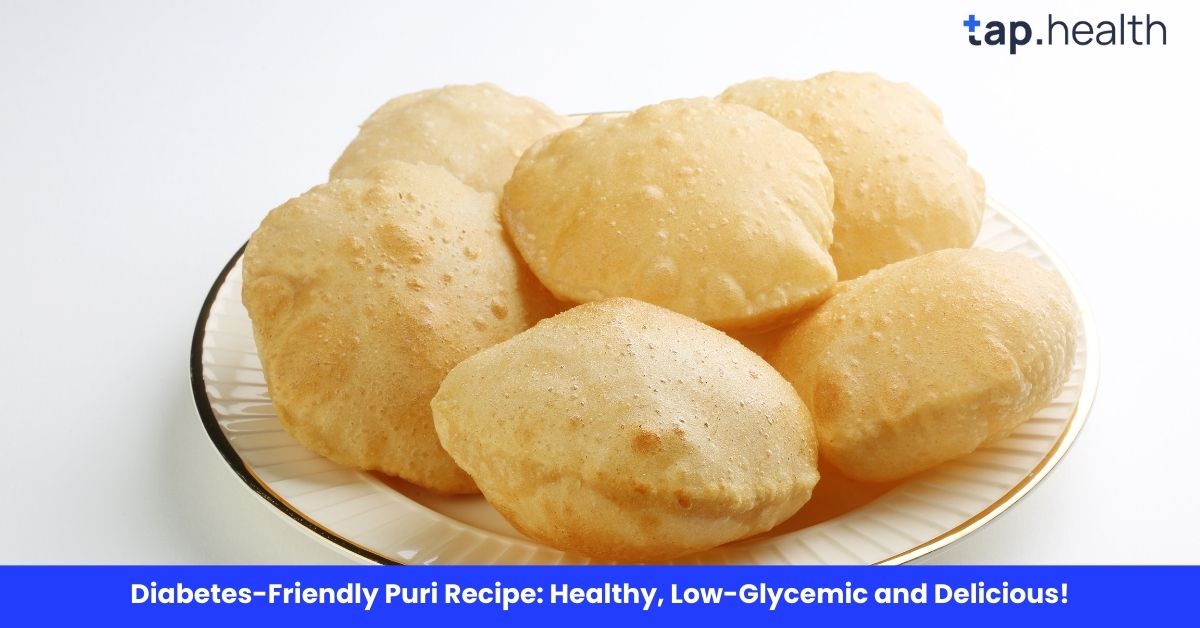Managing diabetes involves making careful food choices to maintain healthy blood sugar levels. Shrimp, a popular seafood, often comes up in discussions about diabetic-friendly foods. But is shrimp good for diabetics? Let’s dive deep into understanding shrimp’s impact on diabetes, backed by expert insights and real-life scenarios.
Understanding Diabetes and Diet
What is Diabetes?
Diabetes is a chronic condition where the body struggles to regulate blood sugar levels. There are two main types:
- Type 1 Diabetes: The body doesn’t produce insulin.
- Type 2 Diabetes: The body doesn’t use insulin properly.
Managing diet is crucial for both types to maintain blood sugar levels and overall health.
Importance of Protein in a Diabetic Diet
Protein is essential for building and repairing tissues. For diabetics, choosing the right protein sources can help manage blood sugar levels and support overall health.
Nutritional Profile of Shrimp
Low in Calories and Carbs
Shrimp is low in calories and carbohydrates, making it a suitable option for those managing their weight and blood sugar levels. A 3-ounce serving of shrimp contains approximately:
- Calories: 84
- Protein: 18 grams
- Carbohydrates: 1.2 grams
- Fat: 1.7 grams
High in Protein
Protein helps in maintaining muscle mass and keeps you feeling full longer, which can aid in weight management—a crucial factor in managing diabetes.
Rich in Nutrients
Shrimp is packed with essential nutrients, including:
- Vitamin B12: Important for nerve function.
- Iodine: Essential for thyroid health.
- Selenium: An antioxidant that protects cells from damage.
- Omega-3 Fatty Acids: Beneficial for heart health.
Benefits of Shrimp for Diabetics
Heart Health
People with diabetes are at a higher risk of heart disease. Shrimp contains omega-3 fatty acids, which help reduce inflammation and lower the risk of heart disease. According to Harvard Health, omega-3s can improve heart health by lowering triglycerides and reducing the risk of arrhythmias.
Weight Management
Shrimp is low in calories and high in protein, making it an excellent choice for those looking to manage their weight. Maintaining a healthy weight is essential for controlling blood sugar levels and reducing the risk of complications associated with diabetes.
Blood Sugar Control
With its minimal carbohydrate content, shrimp doesn’t cause significant spikes in blood sugar levels. This makes it a safe protein option for diabetics when prepared healthily.
Antioxidant Properties
Selenium and other antioxidants in shrimp help combat oxidative stress, which is linked to various diabetic complications, including neuropathy and kidney damage.
Potential Risks of Shrimp for Diabetics
Cholesterol Content
Shrimp has a higher cholesterol content compared to other seafood. A 3-ounce serving contains about 166 mg of cholesterol. While dietary cholesterol’s impact on blood cholesterol levels varies among individuals, diabetics should monitor their intake to manage their risk of heart disease.
Preparation Methods
How shrimp is prepared can significantly affect its health benefits. Frying shrimp or preparing it with high-fat sauces can add unhealthy fats and calories, negating its benefits. Opting for grilling, boiling, or steaming shrimp is a healthier choice.
Allergies and Sensitivities
Some individuals may have shellfish allergies, which can cause severe reactions. Diabetics with such allergies need to avoid shrimp and consult their healthcare provider for suitable alternatives.
Real-Life Scenarios
Scenario 1: Raj’s Balanced Diet
Raj, a 45-year-old man diagnosed with Type 2 diabetes, loves shrimp. He includes shrimp in his diet two times a week, preparing it grilled with vegetables. Raj maintains his blood sugar levels within the target range and has lost weight over time. His dietitian praises his balanced approach, emphasizing the importance of portion control and healthy preparation methods.
Scenario 2: Anika’s Heart Health
Anika, a 60-year-old woman with Type 2 diabetes and high cholesterol, enjoys shrimp in her meals. However, she prefers shrimp fried in butter. Her doctor advises her to switch to steaming shrimp and using olive oil instead. After making these changes, Anika notices an improvement in her cholesterol levels and overall heart health.
Expert Contributions
Dr. Priya Mehta, a renowned endocrinologist at the All India Institute of Medical Sciences (AIIMS), emphasizes the importance of incorporating lean proteins like shrimp into a diabetic diet. “Shrimp, when prepared healthily, can be a valuable addition to a diabetic diet due to its high protein and low carbohydrate content. However, it’s essential to monitor portion sizes and preparation methods to maximize benefits and minimize risks,” says Dr. Mehta.
Recommendations Grounded in Proven Research and Facts
Choose Healthy Preparation Methods
- Grilling: Retains shrimp’s nutrients without adding extra fats.
- Boiling or Steaming: Simple and healthy ways to prepare shrimp.
- Avoid Frying: Reduces unhealthy fat intake and calorie count.
Monitor Portion Sizes
Stick to a 3-ounce serving of shrimp per meal to control calorie and cholesterol intake. Pair shrimp with vegetables and whole grains to create a balanced meal.
Incorporate Shrimp into a Balanced Diet
Include shrimp as part of a varied diet rich in fruits, vegetables, whole grains, and other lean proteins to ensure comprehensive nutrient intake.
Consult Healthcare Providers
Before making significant changes to your diet, consult with a healthcare provider or a registered dietitian to tailor dietary choices to your specific health needs.
Factual and Reliable Information
Shrimp is a nutrient-dense food that can fit into a diabetic diet when prepared healthily. Its high protein and low carbohydrate content make it an excellent choice for maintaining blood sugar levels. However, attention must be paid to cholesterol content and preparation methods to fully reap its benefits.
Frequently Asked Questions (FAQ)
Is shrimp safe for people with diabetes?
Yes, shrimp can be a safe and healthy protein option for people with diabetes when consumed in moderation and prepared healthily.
How much shrimp should diabetics eat per week?
It’s generally recommended to include shrimp in your diet 2-3 times a week, with each serving being around 3 ounces.
Does shrimp affect blood sugar levels?
Shrimp has minimal carbohydrates, so it has a negligible impact on blood sugar levels, making it suitable for diabetics.
Can shrimp help with weight loss?
Yes, shrimp is low in calories and high in protein, which can help with satiety and weight management, important factors in managing diabetes.
What are the best ways to prepare shrimp for a diabetic diet?
Grilling, boiling, steaming, or sautéing shrimp with minimal oil are the healthiest preparation methods for a diabetic diet.
Are there any risks associated with eating shrimp for diabetics?
The primary risks include high cholesterol content and potential allergies. It’s important to monitor portion sizes and choose healthy preparation methods.
Conclusion
Shrimp can be a beneficial addition to a diabetic diet when consumed in moderation and prepared healthily. Its high protein, low carbohydrate content, and rich nutrient profile support blood sugar control and overall health. However, attention must be paid to cholesterol levels and preparation methods to avoid potential risks. Incorporating shrimp as part of a balanced diet, along with regular consultation with healthcare providers, can help diabetics enjoy its benefits while managing their condition effectively.


